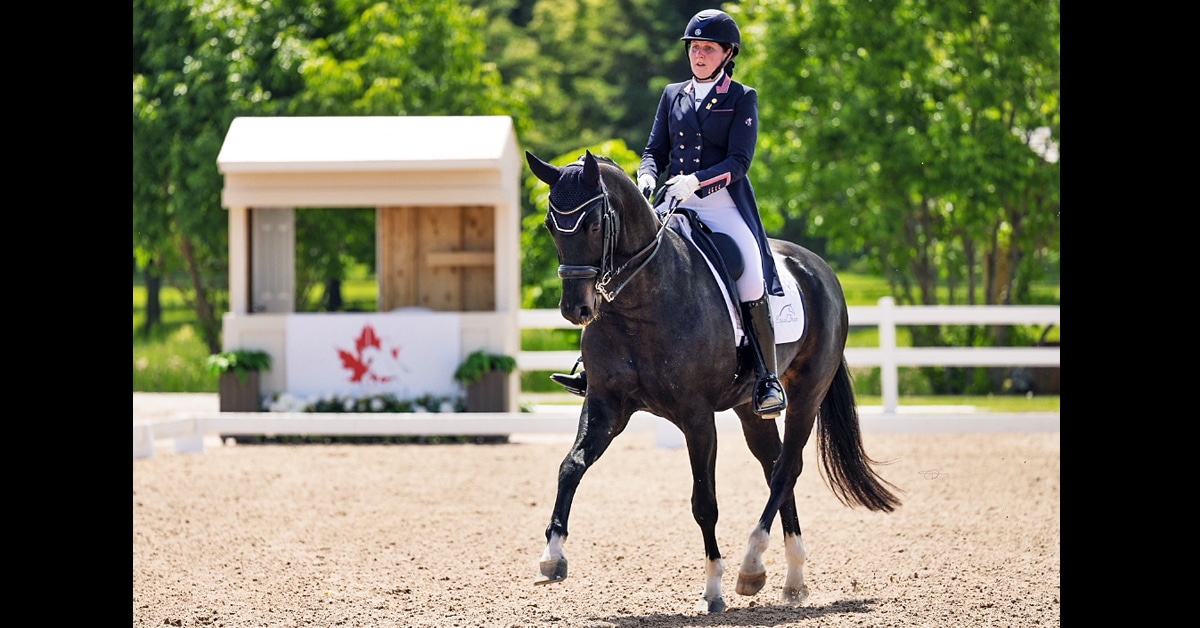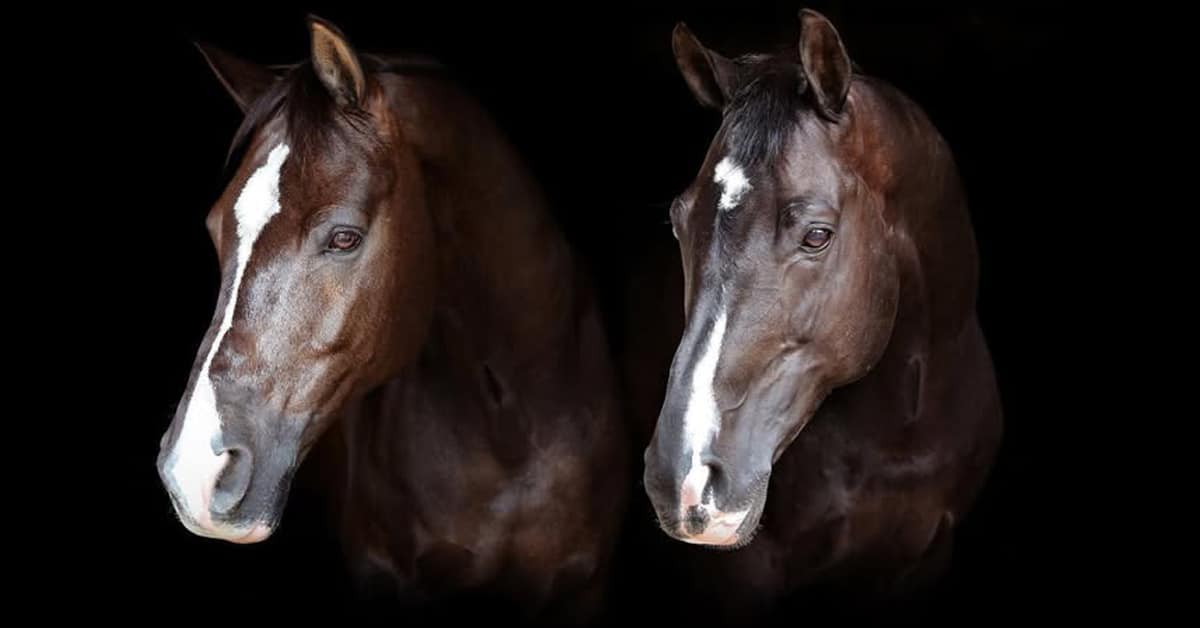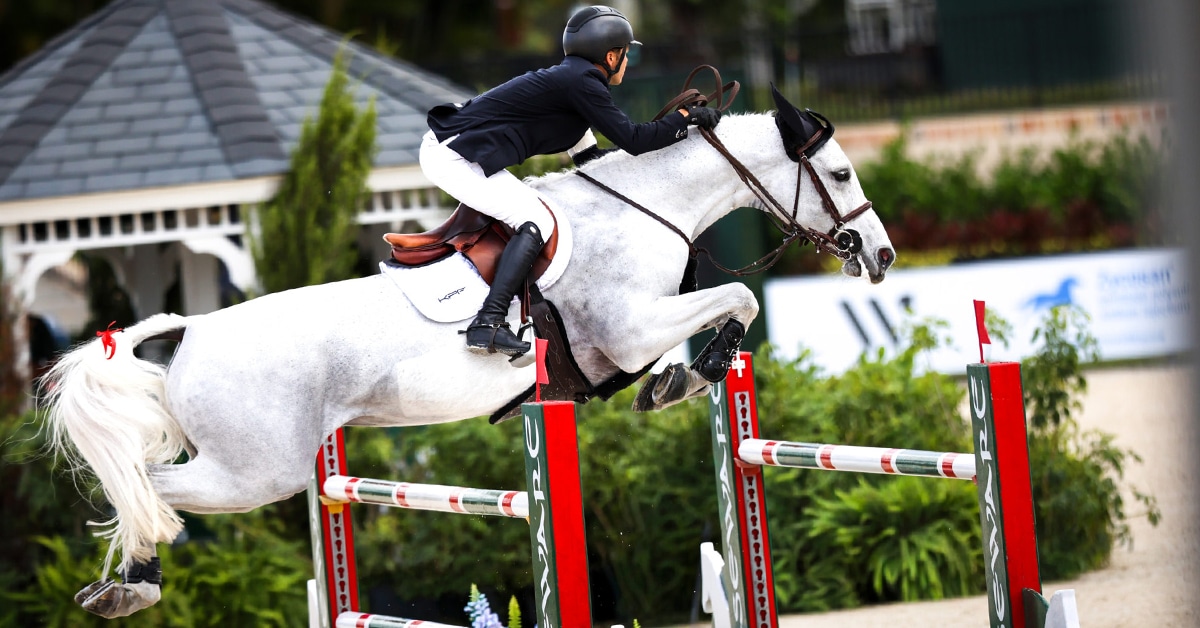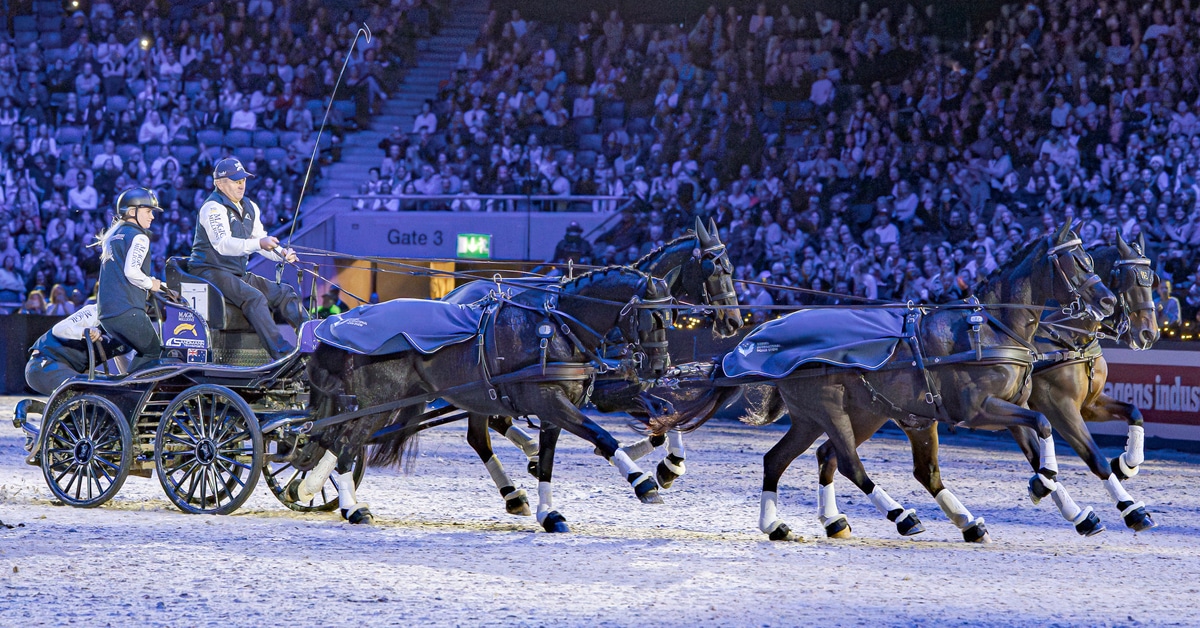Claims that Morocco tried to sabotage rival jumping teams by causing their riders to unwittingly smoke cannabis have been rejected by the FEI Tribunal during legal proceedings over three rider doping cases.
The riders – Sheikh Ali Al Thani and Bassem Mohammed of Qatar and Mohamed Talaat of Egypt – all tested positive to positive for Carboxy-THC (cannabis) during shows held in Rabat, Morocco, in 2019, where they visited their hotels’ shisha bars every day.
Cannabis is a banned substance under the WADA code. Each rider is suspended for two years and fined 7,500 Swiss francs.
Al Thani and Mohammed tested positive during a special Olympic qualifier for Middle East and Africa in October 2019, causing Qatar to lose its Tokyo team place in favour of Morocco. Talaat tested positive at the African Games in August 2019. His suspension voids Egypt’s Tokyo Olympics result (11th in the first team qualifying round) because all three suspensions were backdated to June 17, 2021, meaning any results obtained during that time are disqualified.
A partial decision was issued to the Qataris early last year because of the need to confirm Tokyo quota places.
In its final decisions, Tribunal agreed with the riders that the remaining legal proceedings were not progressed by the FEI in a timely way, which is why it backdated the suspensions to June. But Tribunal was not persuaded that the riders bore no fault, which could have allowed a reduction from the basic two-year suspension.
The riders argued that it was regular practice by Middle Eastern riders to relax in a shisha bar after each day’s competition, where the tradition is to smoke shisha tobacco. All three denied knowingly or deliberately smoking cannabis but admitted they were aware that in Morocco, kief (cannabis) was often added, and the Qatar team manager had taken steps to assure it was not used in this hotel.
When the positives were first notified the riders said that Morocco must have “spiked” the shisha, because Qatar and Egypt were their main competitors at the two events concerned. However, no evidence of sabotage was ever produced. Earlier requests by the Qataris that the Moroccan authorities should launch a criminal investigation also came to naught. Neither was any evidence produced to support an alternative theory that the riders had passively ingested cannabis.
The Tribunal chair, José A Rodriguez Alvarez, made near-identical comments about the three riders’ conduct and noted that positive tests don’t “just happen.” In the case of Mohammed he said: “The athlete could have perceived the risk of his actions of going to the shisha bar and smoking shisha during an event. Notwithstanding taking such a risk by attending a shisha bar, through his actions the athlete demonstrated he did not exercise utmost caution in his duty of care.
“On the contrary, the FEI believed that he further exposed himself to a risk that he was already aware of, which potentially could result in an AAF [positive result.] In the FEI’s opinion therefore, the Athlete was at fault for this rule violation, since he did not exercise due caution and ensure that the necessary steps were taken to prevent any prohibited substances being ingested.”
More News










